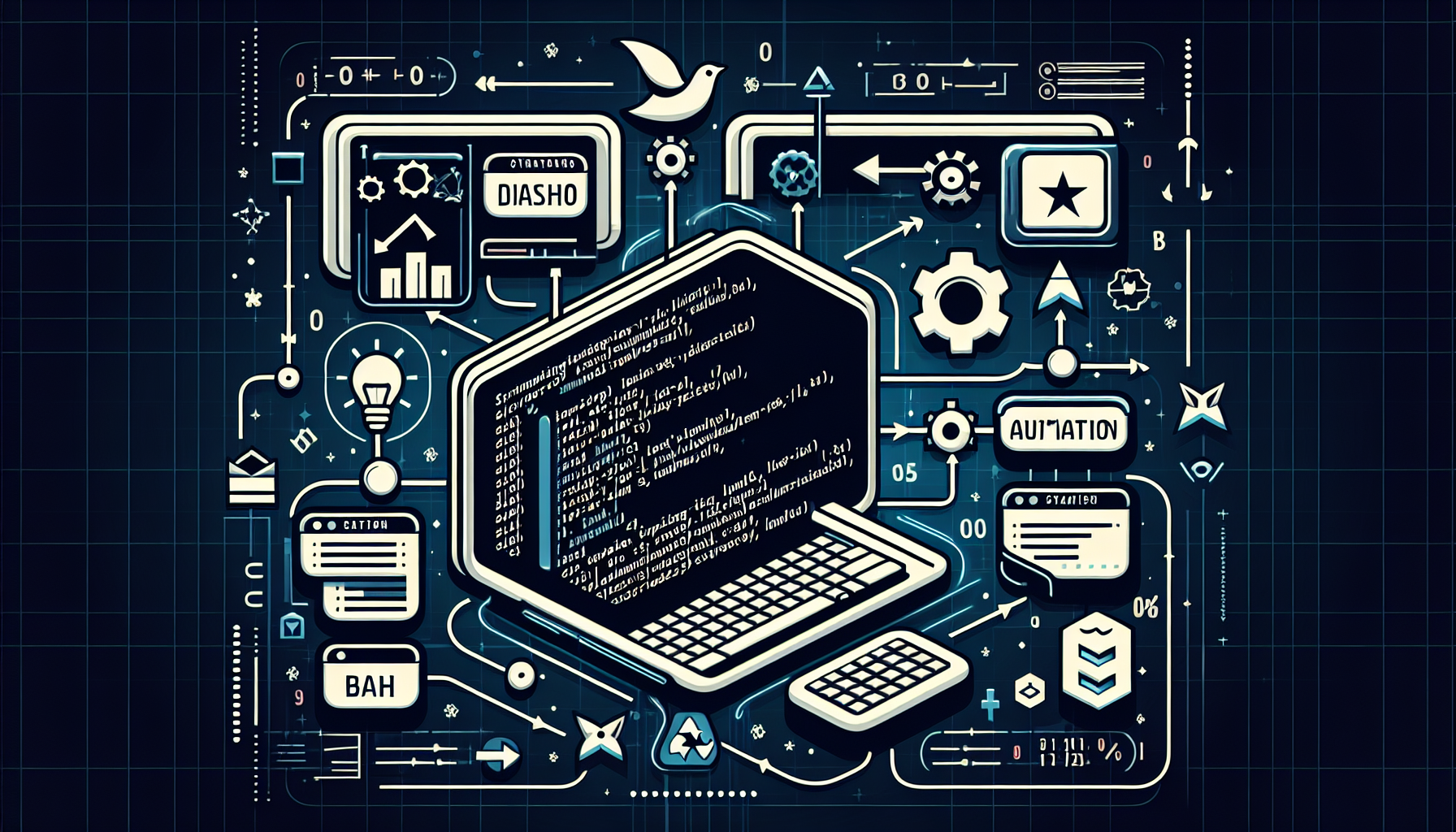Integrating Ethical AI in DevOps: Best Practices for Responsible Automation
As organizations continue to leverage artificial intelligence (AI) to automate processes in DevOps, it is crucial to ensure that these integrations uphold ethical standards. This post explores best practices for responsible automation, focusing on embedding ethical AI principles into DevOps workflows.
Understanding Ethical AI in DevOps
What is Ethical AI?
Ethical AI refers to the practice of creating AI systems that inherently respect human rights and values, ensuring fairness, privacy, and accountability. In the context of DevOps, ethical AI involves the implementation of AI tools that not only enhance operational efficiency but also consider the broader implications of their deployment on stakeholders and the public.
The Importance of Ethical AI in DevOps
- Inclusion and Fairness: Ensuring that AI systems do not perpetuate biases or create unfair advantages.
- Transparency: Clear explanations of how AI models make decisions can boost confidence and trust among users.
- Accountability: Establishing mechanisms to hold systems and their creators accountable for outcomes.
Best Practices for Integrating Ethical AI in DevOps
Integrating ethical considerations into DevOps processes requires thoughtful strategies and actions. Below are best practices for successfully incorporating ethical AI into DevOps workflows:
Develop AI Ethics Guidelines
Create clear guidelines that define what constitutes ethical AI within your organization. These guidelines should address issues such as data privacy, bias mitigation, and transparency in AI-driven decisions.
Bias Detection and Mitigation
- Implement tools and methodologies to detect and mitigate biases in AI models. For example, using diverse datasets can help reduce biases.
- Regularly audit AI models to ensure they perform fairly across different demographic groups.
Ensure Transparency and Explainability
- Adopt AI technologies that offer explainable results. Technologies such as LIME (Local Interpretable Model-agnostic Explanations) can help make AI decisions more understandable to humans.
import lime
from lime import lime_tabular
explainer = lime_tabular.LimeTabularExplainer(training_data=your_data, mode='classification')
predict_fn = lambda x: model.predict_proba(x).astype(float)
exp = explainer.explain_instance(data_row, predict_fn, num_features=5)
print(exp.describe())
- Provide documentation and developer tools that help users understand how AI systems operate.
Implement AI Ethics Review Boards
Establish ethics review boards to oversee AI projects. These boards can provide supervision and ensure alignment with ethical guidelines at every phase of the AI lifecycle from development to deployment.
Continuous Education and Training
- Educate developers and operational teams on ethical AI practices.
- Provide resources for ongoing learning and awareness to keep pace with advancements in AI technology and ethics.
Promote Collaborative Practices
Foster a collaborative environment where ethical concerns can be openly discussed and addressed. This includes regular meetings and workshops to share knowledge and challenges related to ethical AI implementation.
Conclusion
Integrating ethical AI in DevOps is not just about technology; it’s about fostering a culture of responsibility and respect for human values across technological processes. By applying the best practices outlined above, organizations can ensure their AI initiatives are not only effective but also ethically sound, promoting trust and sustainability in their operations.




